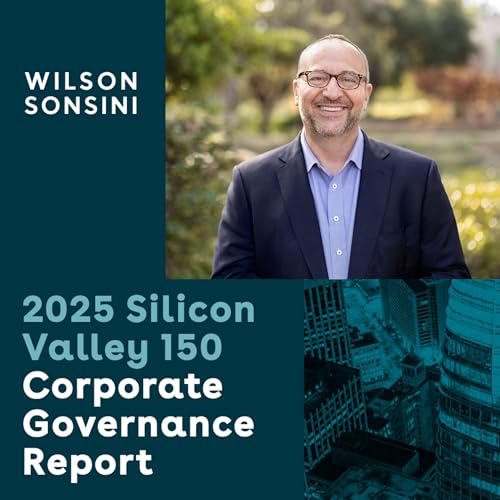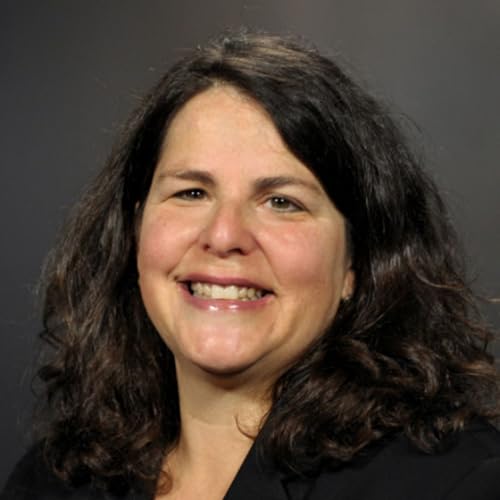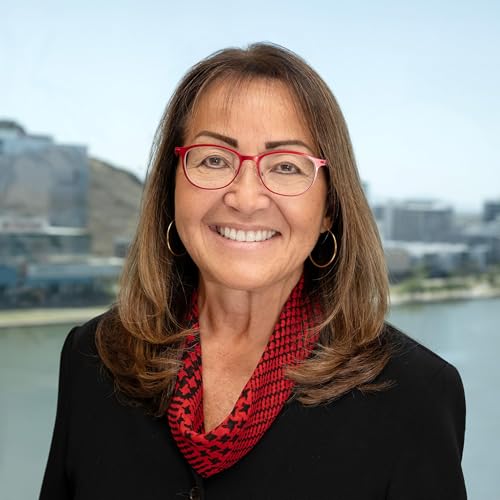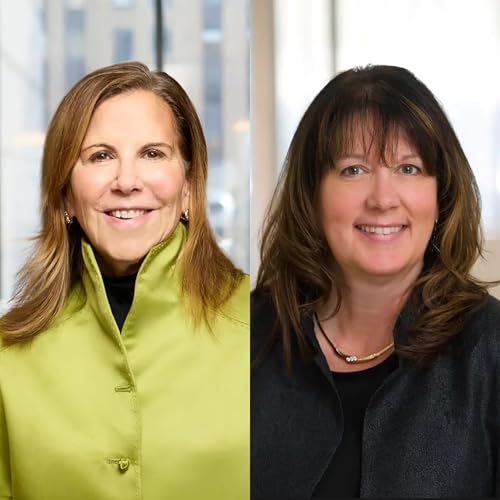(0:00) Intro
(1:25) About the podcast sponsor: The American College of Governance Counsel
(2:12) Start of interview
(3:01) Karen's origin story
(3:44) Early Career and Transition to Technology
(5:40) The Dot-Com Era and her time at Brobeck and later at Orrick.
(8:50) Her transition to Prosper Marketplace (Chris Larsen's company)
(9:40) Her time at Box, Inc. and Apple *Reference to E179 with Jack Lazar
(13:14) Her journey to Venture Capital.
(14:16) Joining B Capital (in 2019) and the firm's investment focus
(16:16) The nature of B Capital's partnership with the Boston Consulting Group (BCG)
(19:32) Governance in Early Stage Companies
(20:42) Her role as a board partner of her firm. *Reference to VCBA program
(23:22) Building Trust in Governance "It starts on day one. And that trust is just, is literally earned through every conversation, every interaction, and certainly every board meeting."
(25:41) Founder-Friendly Terms and Market Changes
(28:43) The Importance of Governance During Crisis
(31:52) CEO Succession and Leadership Transition
(37:45) Advisory Boards vs. Fiduciary Boards
(40:06) On board observers
(44:08) Board Committees and Their Evolution
(48:10) The Debate: Stay Private or Go Public
(51:37) Books that have greatly influenced her life:
- Annie Duke's Thinking in Bets (2018)
- Ray Dalio's Principles (2017)
- Shoe Dog by Phil Night (2016)
(52:00) Her mentors: David Geyer (Brobeck), Aaron Levie (Box), Howard Morgan (B Capital)
(52:48) Quotes that she thinks of often or lives her life by: "never cut what you can untie". And the other is "never confuse motion with progress."
(53:03) An unusual habit or an absurd thing that she loves.
(53:25) The people she most admires
(55:50) Diversity on Boards in Venture Capital
Karen Page is a General Partner and Board Partner at B Capital. As a Board Partner, she collaborates with portfolio company leadership, B Capital’s investment team and the firm’s network of advisors to provide best-in-class strategic guidance
You can follow Evan on social media at:
X: @evanepstein
LinkedIn: https://www.linkedin.com/in/epsteinevan/
Substack: https://evanepstein.substack.com/
__
To support this podcast you can join as a subscriber of the Boardroom Governance Newsletter at https://evanepstein.substack.com/
__
Music/Soundtrack (found via Free Music Archive): Seeing The Future by Dexter Britain is licensed under a Attribution-Noncommercial-Share Alike 3.0 United States License
 53 分
53 分 1 時間 1 分
1 時間 1 分 53 分
53 分 1 時間
1 時間 58 分
58 分 58 分
58 分 55 分
55 分 57 分
57 分
